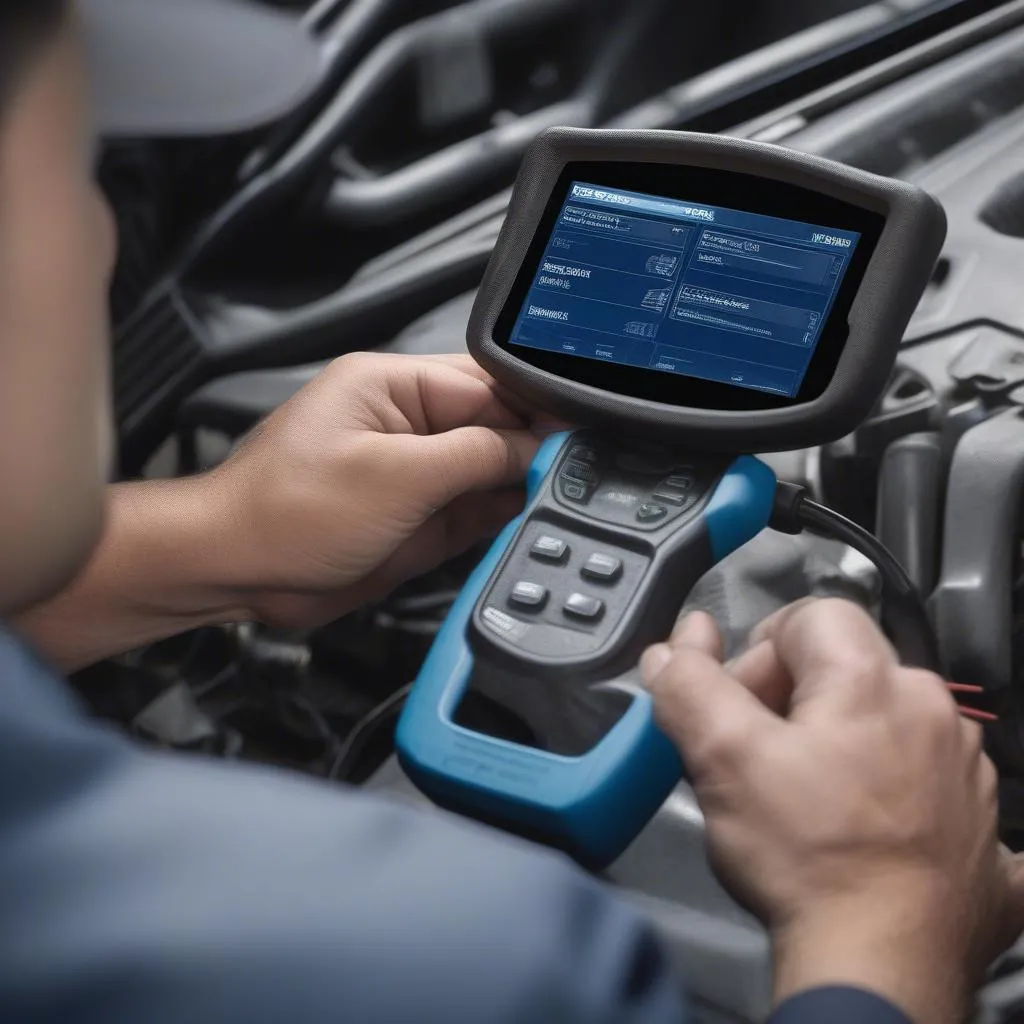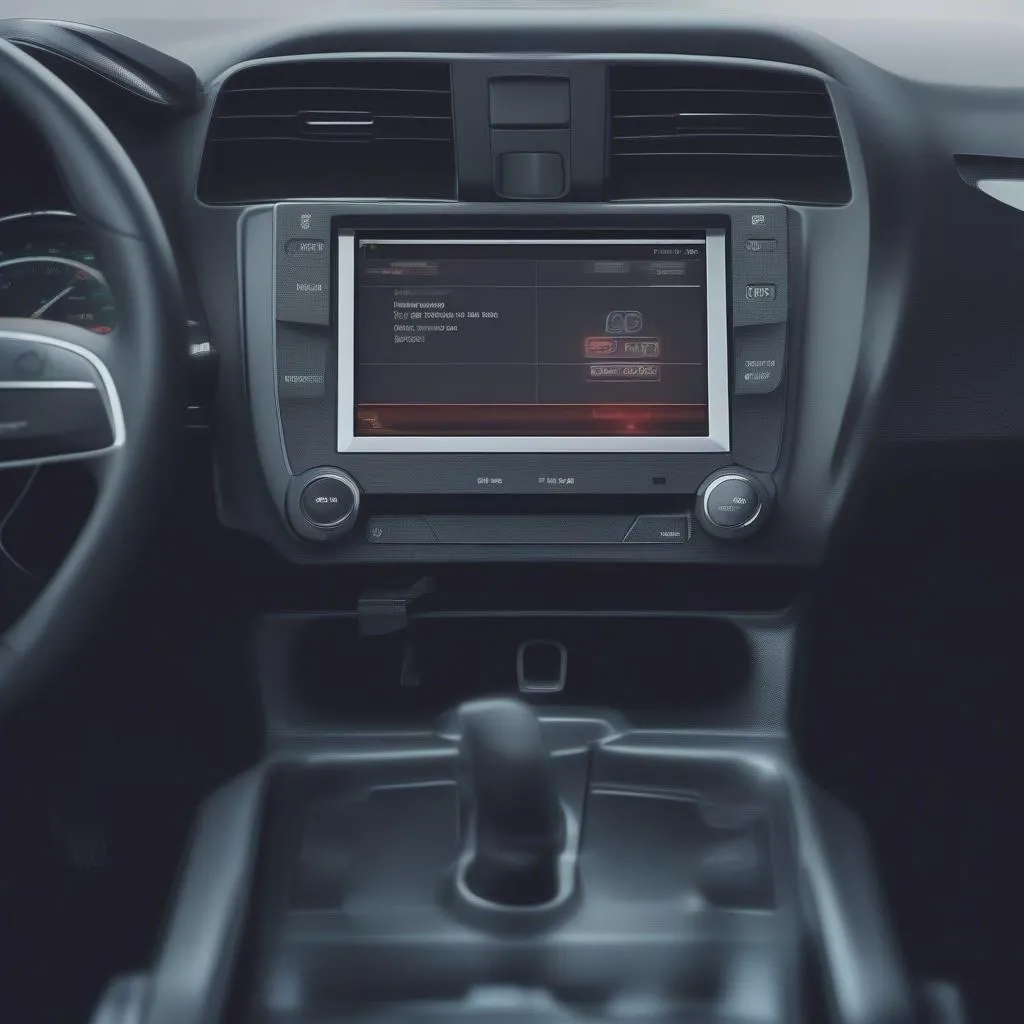Ever found yourself staring at your car’s dashboard like it’s speaking a foreign language? That, my friend, is the dreaded “check engine” light, and it can leave even the most seasoned car enthusiast feeling lost. Thankfully, that’s where automotive scan tools come in – they’re like translators for your car’s brain, helping you decipher those cryptic codes and get to the root of the problem.
But with so many different scan tools on the market, choosing the best one can feel like navigating a maze blindfolded. Don’t worry, we’re here to shed some light on this crucial decision.
What Makes the “Best” Automotive Scan Tool?
Before we dive into specific recommendations, let’s break down what “best” actually means in the context of automotive scan tools.
From a Mechanic’s Perspective:
Imagine John, a seasoned mechanic in a bustling Chicago auto repair shop. For him, the “best” scan tool isn’t just about reading basic codes. He needs a tool that can:
- Diagnose complex issues: Think advanced functions like bi-directional control, which allows him to test components like actuators and solenoids. (You can learn more about bi-directional scan tools in this article).
- Access manufacturer-specific data: This is crucial for working on a variety of vehicles, from Ford F-150s to BMWs.
- Offer regular software updates: The automotive world is constantly evolving, and his scan tool needs to keep pace.
 Mechanic using an advanced scan tool
Mechanic using an advanced scan tool
From a DIYer’s Garage:
Now, let’s picture Sarah, a car enthusiast who loves tinkering with her trusty Honda Civic in her Seattle garage. For her, the “best” scan tool might prioritize:
- User-friendliness: Sarah needs a tool with an intuitive interface and clear instructions.
- Affordability: She doesn’t need all the bells and whistles of a professional-grade tool.
- Specific features: Since she primarily works on her Honda, she might benefit from a scan tool with Honda-specific functionalities.
 DIYer using a scan tool
DIYer using a scan tool


